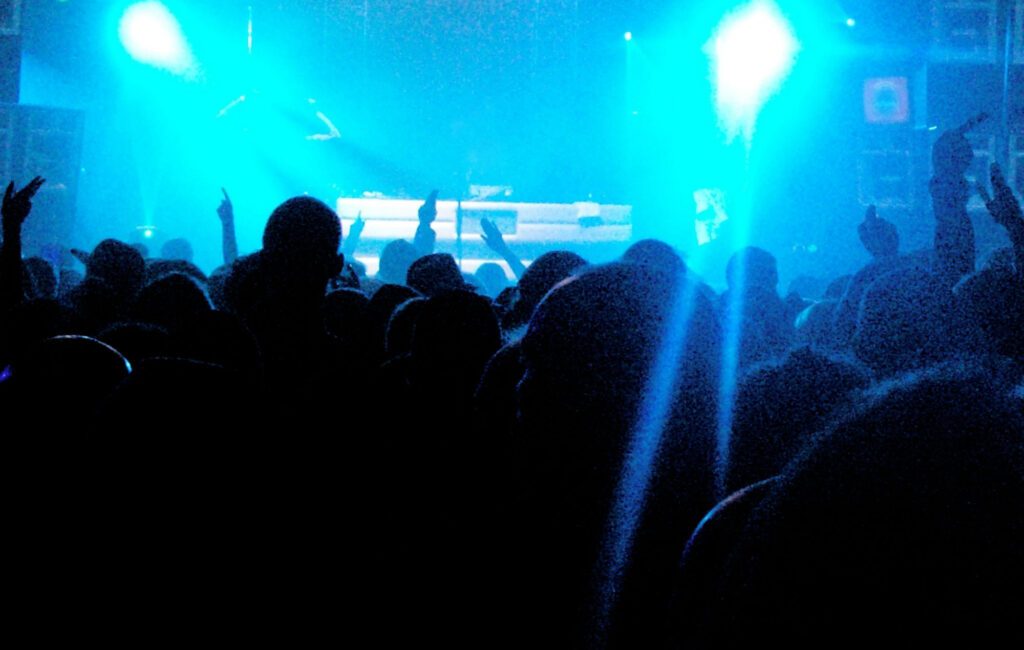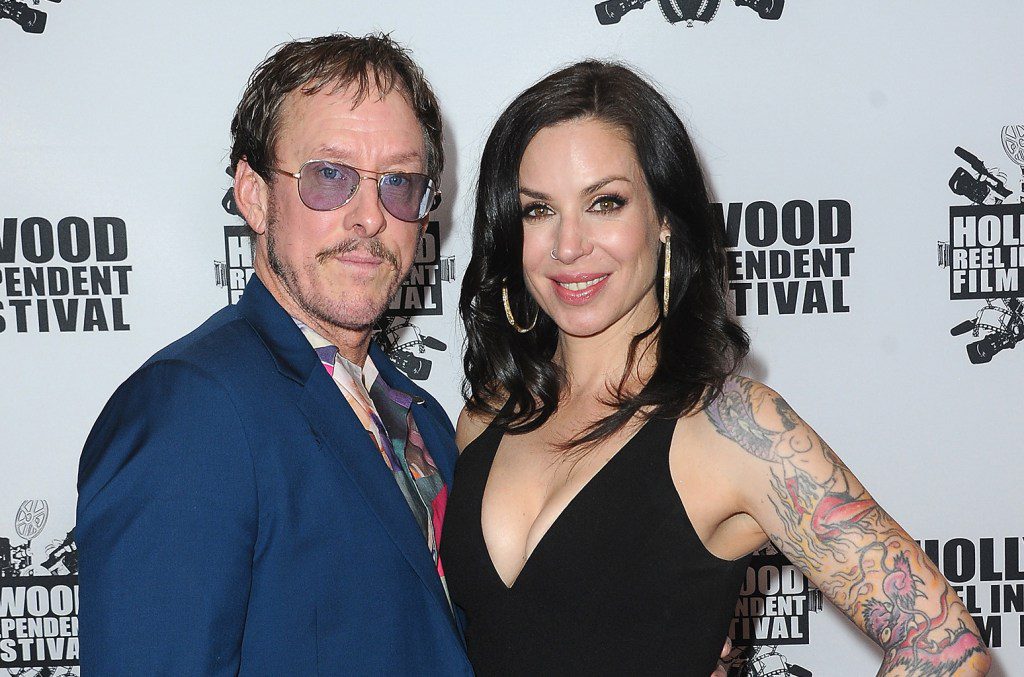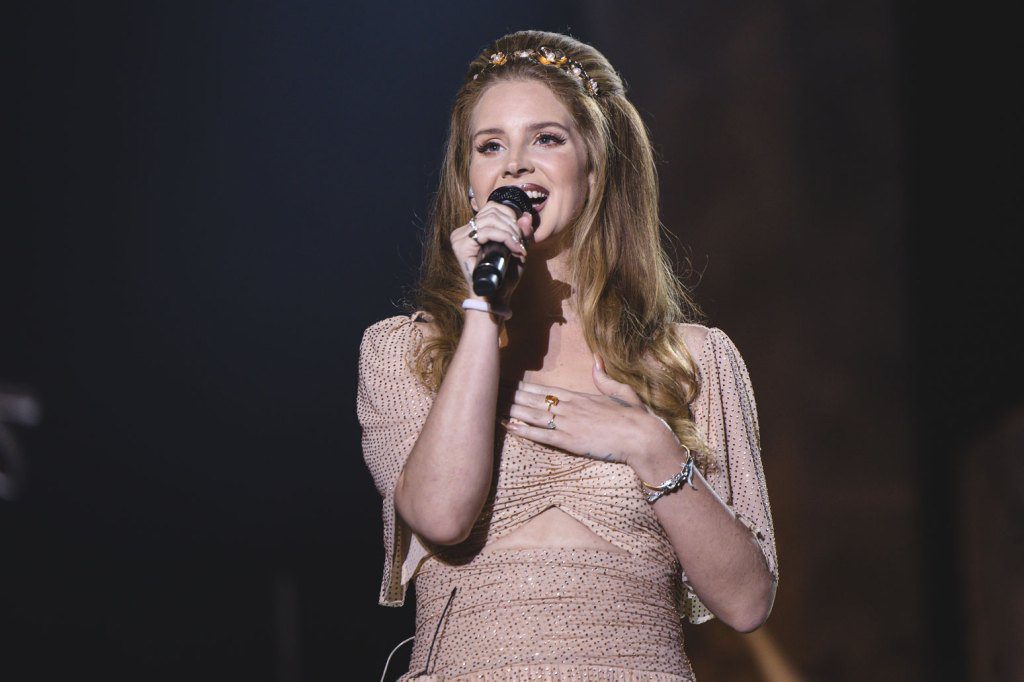Nightclubs demand government clarity on reopening: "We are the elephant in the room"
The government has been urged to provide a clearer idea on when nightclubs can re-open in the UK, after coronavirus restrictions forced their widespread closure.
While pubs and bars were able to re-open in the UK from July, thousands of nightclub owners still remain in the dark about when they will be able to welcome punters again.
Speaking to NME, Night Time Industries Association chief executive Michael Kill said he felt that the government didn’t really understand the unique challenges that nightclubs face as part of the music scene.
“It’s almost like nightclubs are the elephant in the room and they don’t know how to deal with it”, Kill told NME. “The discussions have been very open and we’ve had some very direct questions to government, but there almost seems to be this lack of understanding.”

He continued: “When we did the Let Us Dance campaign for example, we knew that dance music had to be included, because it’s a very important part of contemporary culture. But the response from some departments was to tell us that dance performances can take place and so can music recitals.
“The reality is, in some respects, they’re distanced from contemporary music which is globally recognised.”
Kill also claimed that the government have fallen victim to a “big misconception about what a nightclub is these days”.
“Most of them are multi-faceted and have had to develop – whether it’s O2 Academies that are live early doors and then turn into a club experience,” he said. “They rely on each other and it’s a symbiotic relationship. One of the things we fall foul of is government looking at nightclubs at sweaty boxes and that’s not the case for a lot of them out there.
“The technology of them is very different and the conditions are very different, I think we’ve got to be given a fair opportunity to engage in that discussion.”

(Picture: Getty)
Kill was speaking to NME after the NTIA teamed up with the Institute of Occupational Medicine for a new report which suggested that reduced capacity and forcing clubbers to wear face masks could be part of proposals for reopening.
When quizzed on the viability of such proposals, he said: “We asked an independent body to come up with recommendations, but quite clearly, and I’ll be frank about it, face masks and limitations in capacity are not ideal in any club environment – we’ll all agree on that.
“The challenge that you have is from an independent document looking at what’s out there in terms of mitigating measures, you have to put them in place. If you’re saying we can’t reopen, then please give us a financial package to survive this lockdown period.”
Looking ahead to the future, Kill also warned that illegal raves – which have been on the rise across the UK this summer – would only continue to increase if clubs do not reopen.
“Consider the fact you’ve got these illegal parties,” he said. “There is clearly a requirement for people to go out and socialise, but the fact of the matter is that with all these parties going on, there is going to be an immense amount of environments that are not going to be safe.
“Whereas the night time economy , events and festivals, could potentially offer a safer and more regulated space for people to engage in. That’s the discussion we’re trying to have.”
Kill now hopes that his proposals can be discussed at a ministerial meeting he is now set to attend next week.
NME has contacted the government for further clarity on when night clubs will reopen.
While last month saw the government announce the first 135 venues across England that will receive emergency grants from the £1.57billion Culture Recovery Fund, grassroots music venues from across the UK have spoken out about the continued need for public support to ensure their survival – with many warning that it’s not certain that they’ll see any funding or ever reopen.
This comes after Prime Minister Boris Johnson allowed for indoor gigs in the UK to return with social distancing measures in place, but the Music Venue Trust revealed that over two thirds of venues would be unable to do so.





